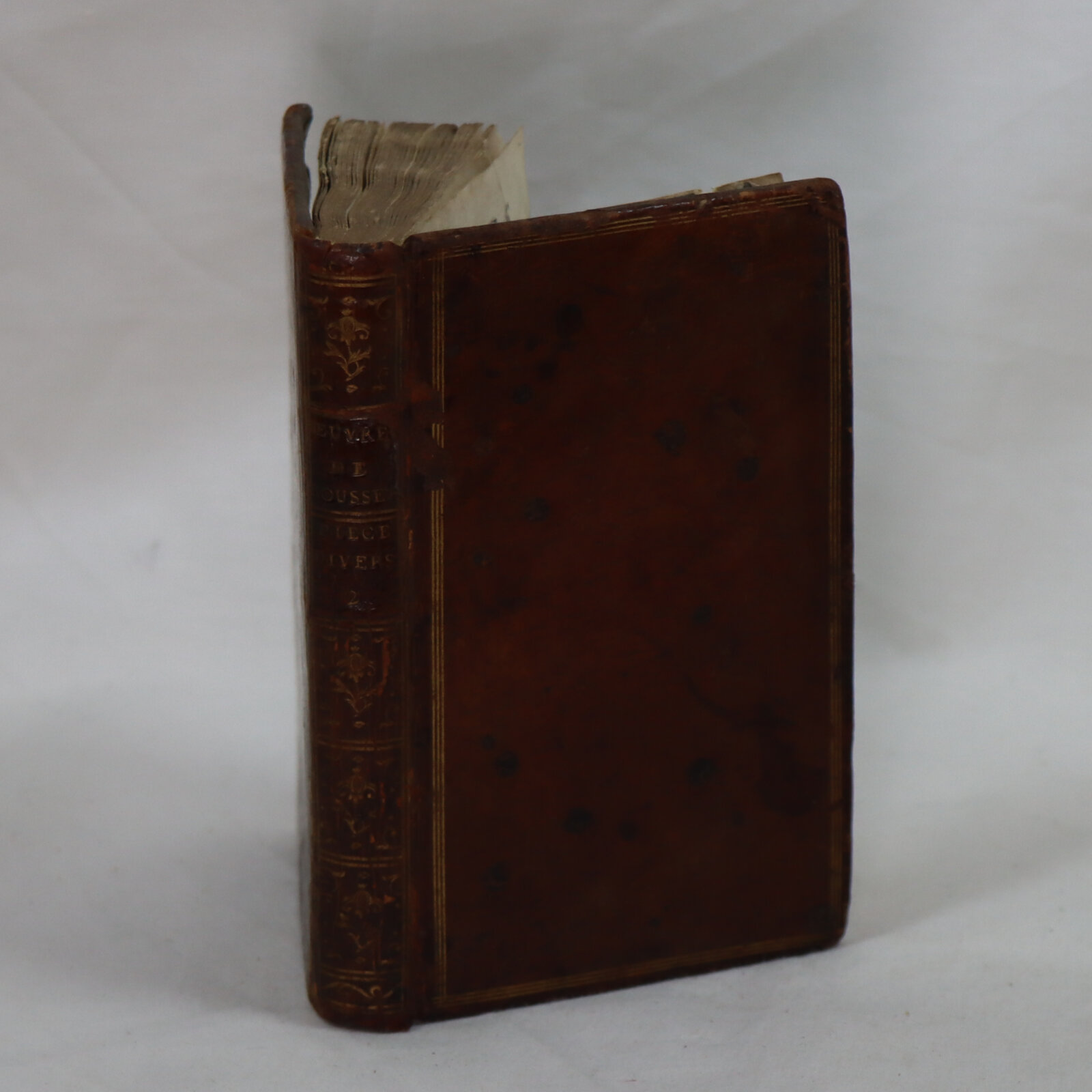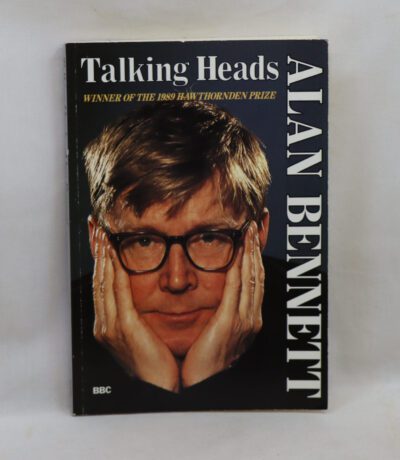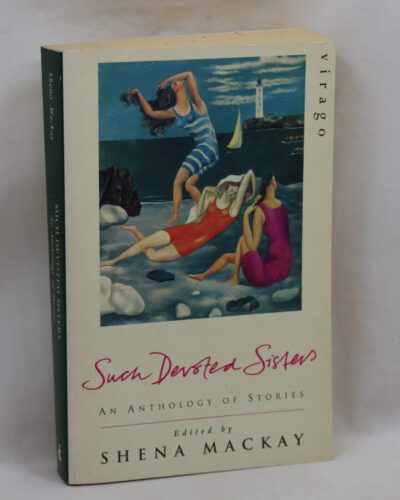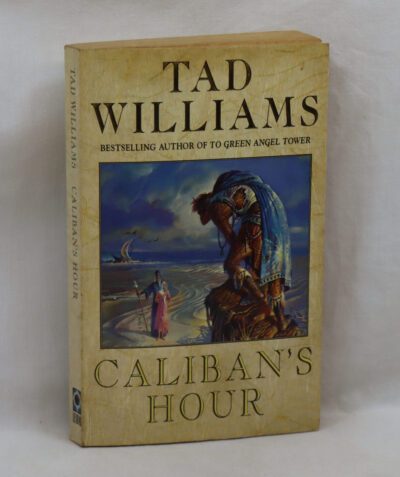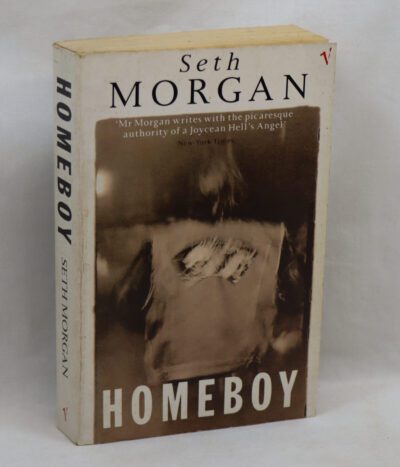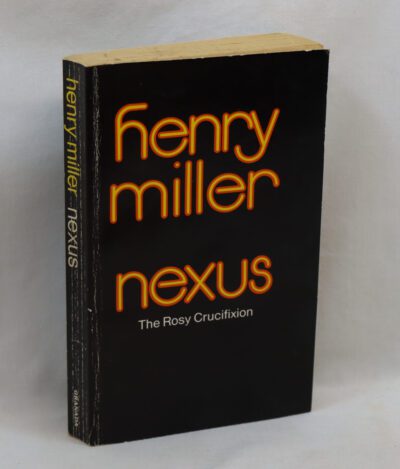Pieces Diverses de J J Rousseau. Tome Second.
By J J Rousseau
Printed: 1782
Publisher: A Londres
| Dimensions | 8 × 13 × 2 cm |
|---|---|
| Language |
Language: French
Size (cminches): 8 x 13 x 2
Condition: Fine (See explanation of ratings)
Your items
Item information
Description
Green cloth binding with gilt title and decoration on the spine and front board.
-
F.B.A. provides an in-depth photographic presentation of this item to stimulate your feeling and touch. More traditional book descriptions are immediately available.
-
Note: This book carries the £5.00 discount to those that subscribe to the F.B.A. mailing list.
This is the second volume of two books of letters. Not in the best of condition but a worthwhile read. A remarkable buy at £27.00.
Jean-Jacques Rousseau (28 June 1712 – 2 July 1778) was a Genevan philosopher (philosophe), writer, and composer. His political philosophy influenced the progress of the Age of Enlightenment throughout Europe, as well as aspects of the French Revolution and the development of modern political, economic, and educational thought.
His Discourse on Inequality, which argues that private property is the source of inequality, and The Social Contract, which outlines the basis for a legitimate political order, are cornerstones in modern political and social thought. Rousseau’s sentimental novel Julie, or the New Heloise (1761) was important to the development of pre-romanticism and romanticism in fiction. His Emile, or On Education (1762) is an educational treatise on the place of the individual in society. Rousseau’s autobiographical writings—the posthumously published Confessions (completed in 1770), which initiated the modern autobiography, and the unfinished Reveries of the Solitary Walker (composed 1776–1778)—exemplified the late 18th-century “Age of Sensibility”, and featured an increased focus on subjectivity and introspection that later characterized modern writing.
Condition notes
Want to know more about this item?

Related products
Share this Page with a friend

